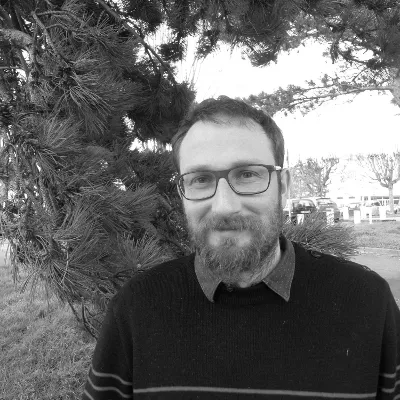Thinking agrifood transition through socio-residential recompositions of rural areas in metropolitan France: a geostatistical approach with Agricultural Censuses and real estate data base PERVAL

The aim of this paper is to examine the factors and socio-geographical contexts favourable to the emergence of forms of agri-food transition in the French metropolitan context. Observations made in different Norman areas (Perche ornais, Granville hinterland, Norman bocage) lead to the formulation of two working hypotheses in which forms of agri-food transition would be carried by productive-residential systems in strong renewal: 1 - Rural areas hosting populations with higher economic and cultural capital are seeing a sustained demand for local supply of agricultural products. 2 - Some of the agricultural installations on alternative systems are also the product of residential migration from the towns to the countryside. Are there more farms in transition in the countryside where there is residential migration of workers from large urban centres? The aim of this paper is to test the validity of these hypotheses beyond case studies, using quantitative approaches at the scale of the French metropolitan territory. To this end, we propose to combine two geostatistical analysis conducted at the level of pseudo-cantons: the first concerns a geography of farms in transition constructed from data from the 2010 and 2020 agricultural censuses; the second concerns real estate markets for houses as indicators of the socio-residential recompositions of rural areas. The PERVAL notary database, which characterises the properties in transaction and the socio-demographic profile of buyers and sellers (age, CSP, geographical origin, nationality), is used here for the period 2000-2012.
The aim of this paper is to examine the factors and socio-geographical contexts favourable to the emergence of forms of agri-food transition in the French metropolitan context. Observations made in different Norman areas (Perche ornais, Granville hinterland, Norman bocage) lead to the formulation of two working hypotheses in which forms of agri-food transition would be carried by productive-residential systems in strong renewal: 1 - Rural areas hosting populations with higher economic and cultural capital are seeing a sustained demand for local supply of agricultural products. 2 - Some of the agricultural installations on alternative systems are also the product of residential migration from the towns to the countryside. Are there more farms in transition in the countryside where there is residential migration of workers from large urban centres? The aim of this paper is to test the validity of these hypotheses beyond case studies, using quantitative approaches at the scale of the French metropolitan territory. To this end, we propose to combine two geostatistical analysis conducted at the level of pseudo-cantons: the first concerns a geography of farms in transition constructed from data from the 2010 and 2020 agricultural censuses; the second concerns real estate markets for houses as indicators of the socio-residential recompositions of rural areas. The PERVAL notary database, which characterises the properties in transaction and the socio-demographic profile of buyers and sellers (age, CSP, geographical origin, nationality), is used here for the period 2000-2012.












